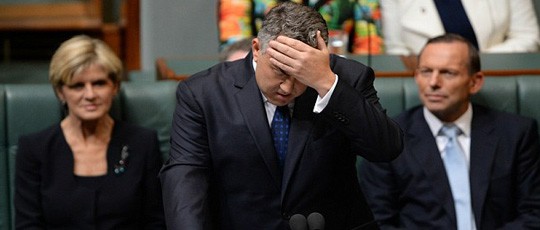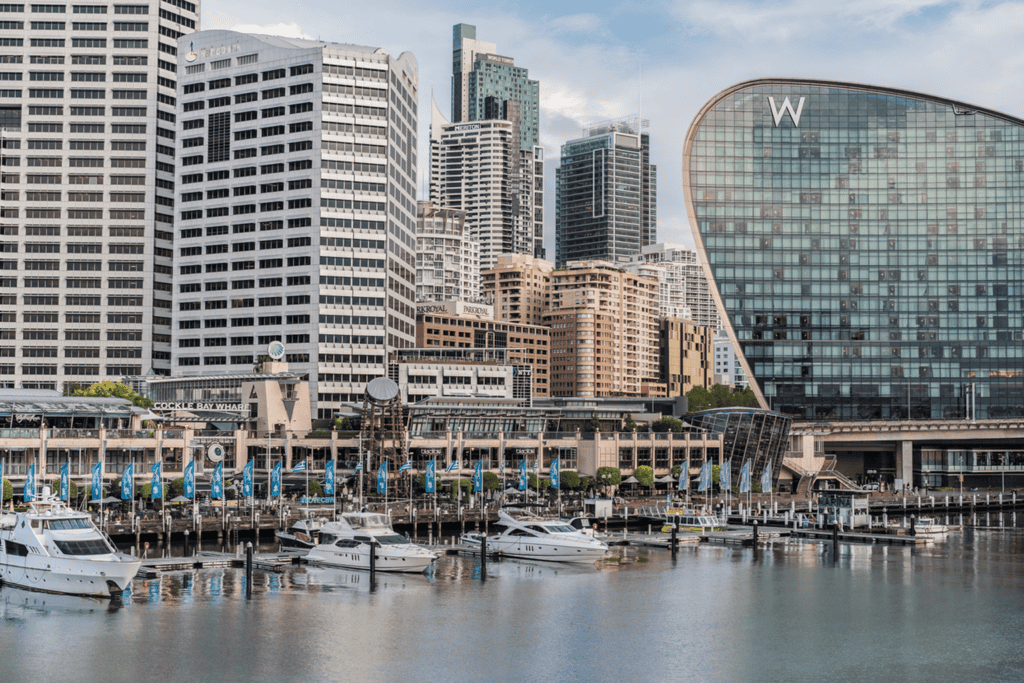- After many months of feverish discussion about the drivers of the Australian property market, Federal Treasurer Joe Hockey has proposed a remedy: tax the foreigners! Because, as he says, ‘part of the Australian dream is owning your own home’, but with the mean national price at $571,500, property ownership is already more of a dream than a reality for many Australians. If this appears a populist response to a hot topic, you may be right. All available evidence points to foreign investors playing a minimal role in price hikes throughout the country and in fact serve to increase housing stock levels.
Out for the count
- On the 25th of February the Coalition Government released an options paper entitledStrengthening Australia’s Foreign Investment Framework. The paper seeks feedback on a number of proposed changes to the Foreign Investment Review Framework, the most contentious of which was the proposed fee for foreign buyers seeking to purchase properties in Australia.
- The proposal is this: an application fee for foreign investors to obtain approval to buy Australia property. The fee would commence at $5,000 for properties under $1 million, and increase by $10,000 for every additional million. The Treasurer has said these proposed fees are intended to ‘even up the playing field’ so that first home buyers are not outbid by foreign investment. He is right on one measure: first home buyers have definitely been pushed out of the market. As the graph below shows with verve, first home buyer activity took an unnatural dive following the GFC and has been heading downhill ever since.
 This update does not constitute financial advice and should not be relied upon as such. It is intended only to provide a summary and general overview on matters of interest and it is not intended to be comprehensive. You should seek professional advice before acting or relying on any of the content.
This update does not constitute financial advice and should not be relied upon as such. It is intended only to provide a summary and general overview on matters of interest and it is not intended to be comprehensive. You should seek professional advice before acting or relying on any of the content.




